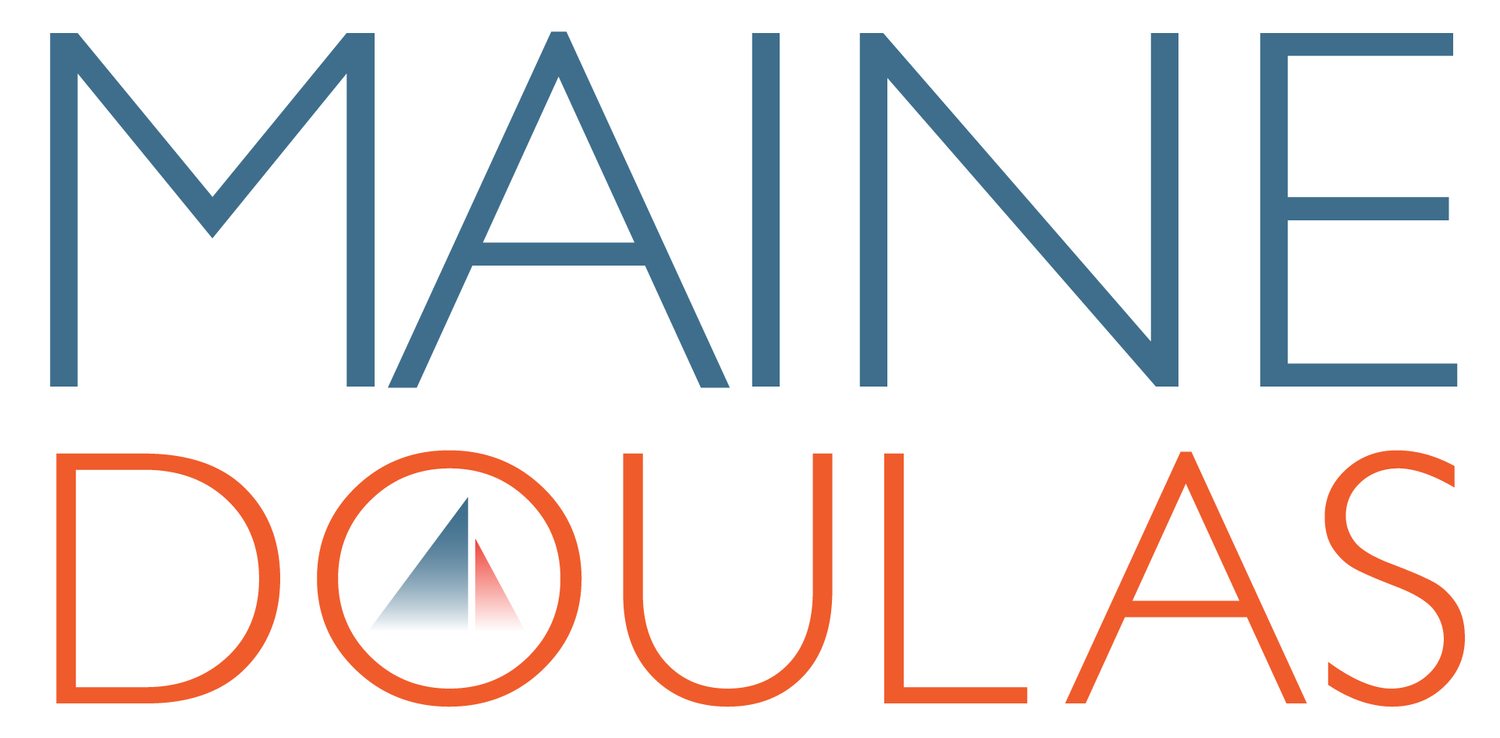Postpartum Exercise
/Once your baby arrives, there's a long road of recovery ahead for a new mom.
With pressure from the media, society pushes mothers to shrink back to their pre-baby size in an unrealistic time frame. Postpartum exercise is an important element to the body's recovery process and can dramatically increase mood and energy levels.
After about six weeks, your care provider typically gives clearance for new mothers to begin a postpartum exercise routine.
Start Slow
There's no rush when it comes to postpartum recovery and it can be dangerous to rush your body into a strenuous routine. Start the process slowly by walking around the house and gradually adding duration and weight (your baby in a carrier or a stroller is the perfect amount of extra weight and resistance). A walk around the block is easy on your core's sensitive muscles and promotes strength in this area and overall better posture.
Postpartum Exercise after a Cesarean
C Section recoveries can be a little more complicated when it comes to toning core muscles. Aggressive exercises like crunches can tear or damage abdominal muscles and create scar tissue. Low impact exercise such as a gentle yoga routine will help train muscles to safely stretch and tone. If you experience discomfort with every day tasks like carrying your baby, walking or lying down up to twelve weeks after your surgery you should consult with your doctor before proceeding with an exercise regimen.
Walk It Off
Don't underestimate the power of a good walk! Work some casual walking into your routine with baby to get a change of scenery and low impact exercise each day. If there are other moms in your neighborhood, reach out to them about walking together. Walking in a group gives you the opportunity to socialize and develop a support system to help you reach your goals.
Don't rush yourself and take things at your own pace.
Remember that your health comes before anything else, and devoting some time to your emotional health will boost your confidence as you navigate through postpartum recovery.
Create balance in your life by implementing good postpartum nutrition and utilize the expertise of your postpartum doula for questions you have regarding your recovery or all things baby care. Having a doula around as you heal allows you to feel empowered and able to focus some time on your physical and emotional health.





